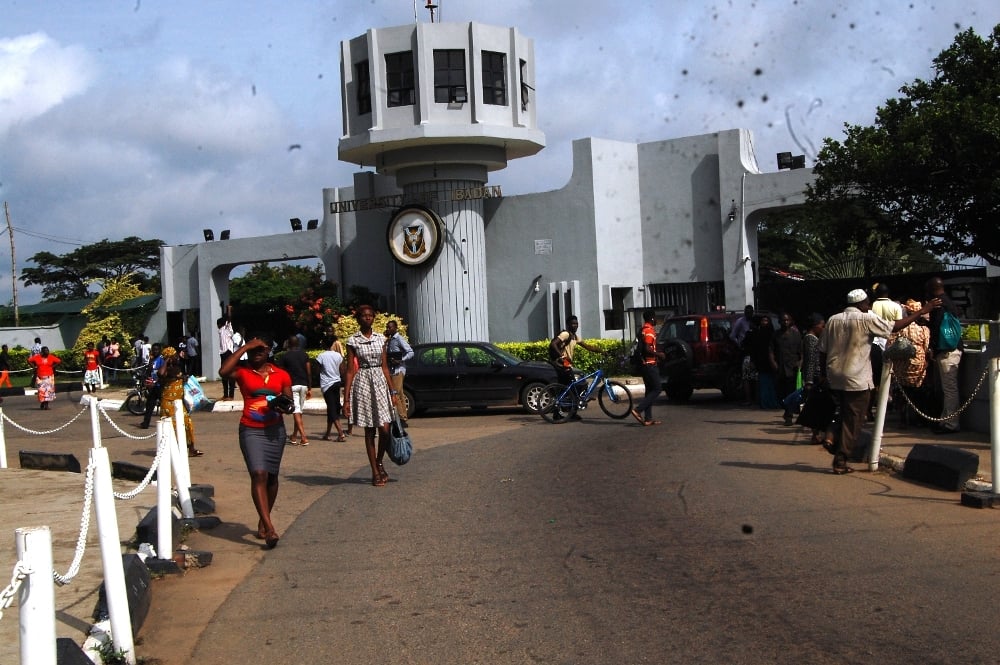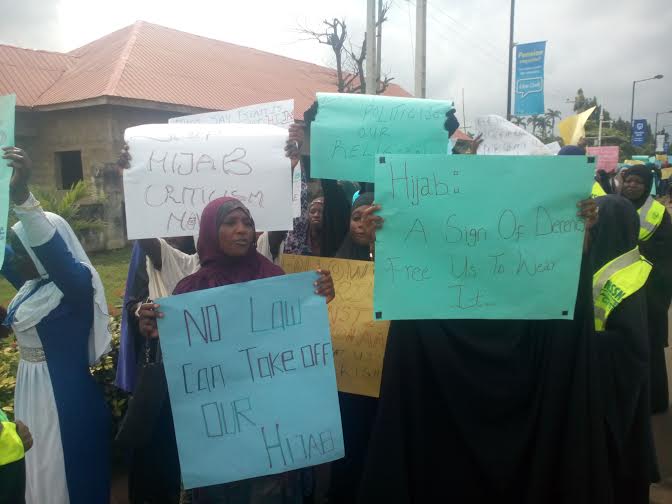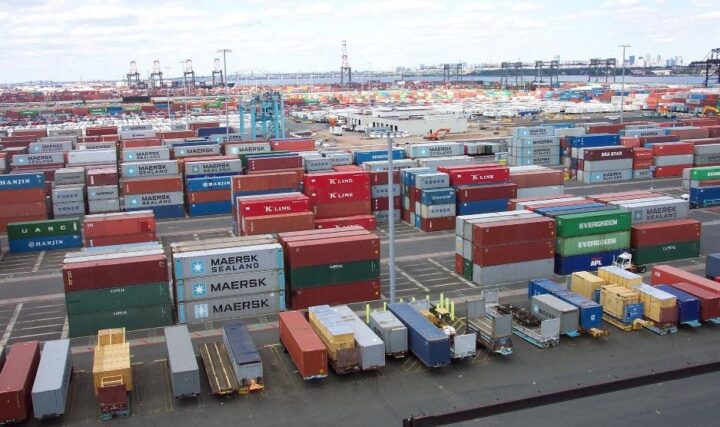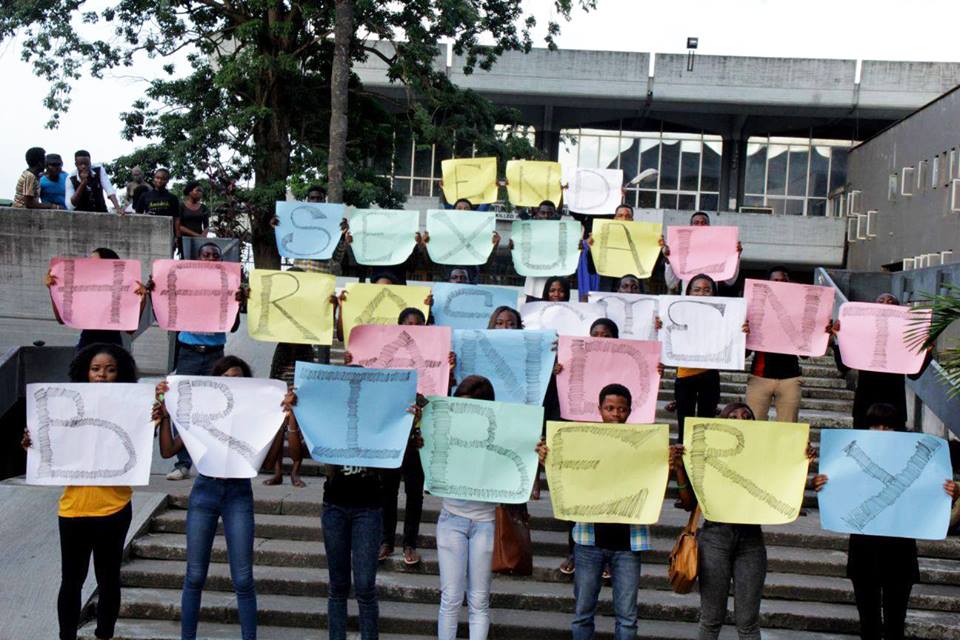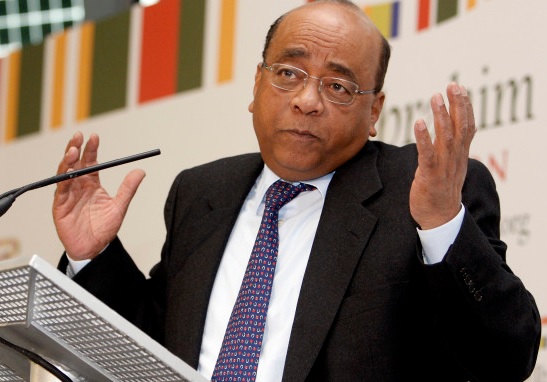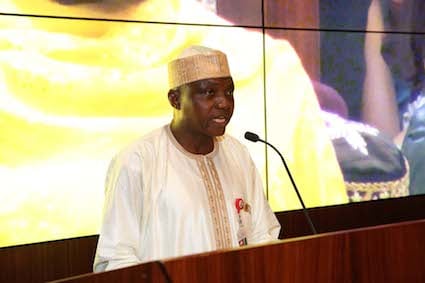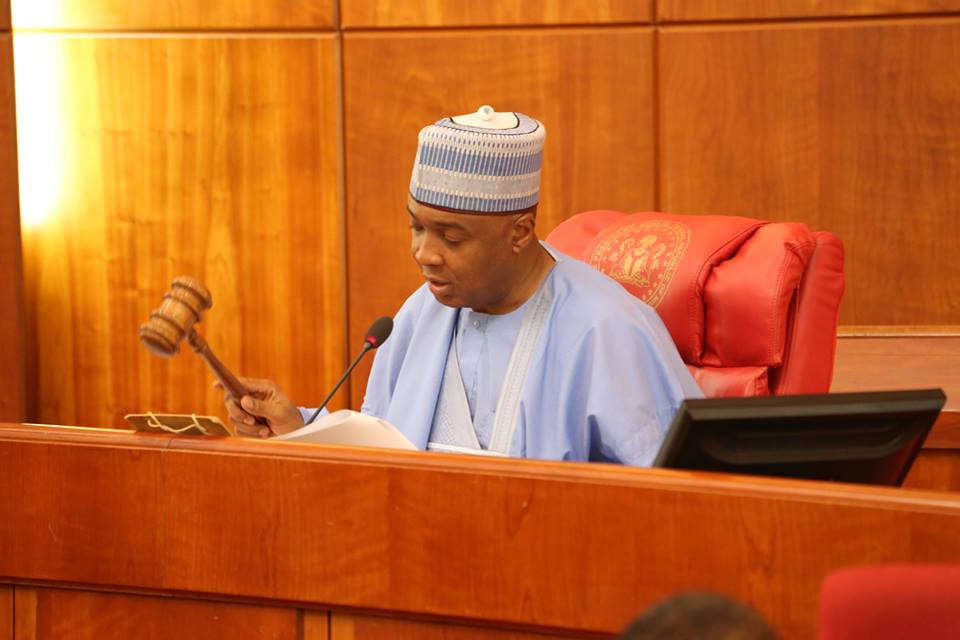BY ‘KUNLE ADEBAJO
When Singapore gained Independence in 1965, it was but a poor, small, tropical island with few natural resources, massive unemployment, rapid population growth and recurring conflict among ethno-religious groups. The country had no assets except its deep-water port. There was no real economy, no defence and it had to import most of its food, water and energy. In short, the republic seemed an unlikely candidate to become a world-class economic powerhouse.
But in one generation, this little country transformed from a Third World country to a First World giant. The secret behind this success story is not far-fetched. Singapore deliberately steered the vehicle of education to the fast lane and navigated towards a global knowledge economy with emphasis on science, technology and research. As beautifully summarised by former Prime Minister Lee Kuan Yew, the aim of Singaporean education in its early days was to ‘produce a good man and a useful economy’.
In direct contrast to Singapore, Nigeria, which gained independence three years earlier, was a very likely candidate to become a driving economic force on the global stage. In 1960, everyone, nationals and foreigners alike, had high hopes for the nation. Chief Edwin Clark had described himself as ‘completely elated’. Mr Babatunde Jose, the grandfather of Nigerian journalism, wrote in Daily Times newspaper that he was ‘happy’. Matthew Taiwo Mbu and his colleagues had danced until dawn out of ecstasy. Even Prime Minister, Abubakar Tafawa Balewa, remarked in the independence speech that, ‘when this day in October 1960 was chosen for our independence it seemed that we were destined to move with quiet dignity to (our) place on the world stage’.
But several decades later, Nigeria is still standing but Nigeria is also standing still (apologies to Donu Kogbara). Sir Clark is disillusioned while Mr Jose died disappointed in 2008. The reason for this parallel F9 on our scorecard can also not be far from our performance in the sphere of education and human development.
Advertisement
In 2011, Africa’s first Nobel Laureate, Professor Wole Soyinka described Nigeria’s educational system as a colossal failure and called for the declaration of a state of emergency in the sector. At a later date, he in fact went on to propose a shutdown of all tertiary institutions for two years to enable the adequate tackling of the ‘inherent rot’. Though a revolutionary, Professor Soyinka is not alone in his observation. His voice might have been loudest but he clearly spoke the minds of every Nigerian who has tasted from the bitter-kola of our schools. He spoke the minds of the millions who are out of school, the millions who are in school and the many more who constitute the country’s 59.6% illiteracy rate.
It is not within the province of doubt that the Nigerian education system is nothing to write home about. As I once heard a university Professor observe, our universities are worse, infrastructure-wise, than some high schools in South Africa. Many graduates leave the system not better than prior to their admission, some even worse. Our children constantly troop en masse beyond the Atlantic in search of Ivy League citadels while the population of foreign students in local campuses is like that of mankind on Mars. No wonder everyone who has enough money and who is in his right senses will not waste time in getting his children abroad away from the tragedy in our academes. Even President Muhammadu Buhari is unrelenting in giving his children the best education, a thing which is to Nigeria a far cry.
Our education system is deeply stuck in the stagnant waters of mechanistic theorisation. We have engineers who do not move near engines, doctors who technically know no better than conductors and Professors of Mechanical Engineering who still take their engines to Mechanics for engineering. Students learn under the worst of conditions – under trees, on the bare floor, in the rain and sun. The afflictions of the sector are so tragic that they emit tears and so plentiful that if the Niger River turned to ink, it may not aptly capture them. In short, quantitatively and qualitatively, the ‘Giant of Africa’ is still lurking in academic doldrums.
Advertisement
In spite of all these however, an ancient Chinese proverb says that; it is better to light a single candle than to curse the darkness. And so, energy is better expended in the search for solutions as we have spent more than enough time stirring the pot of problems. It is high time this hot potpourri morphed into a delicacy of development.
The importance of education can never be overstated. It is why Nelson Mandela famously proclaimed that, education is the most powerful weapon which you can use to change the world. As a matter of fact, countries with the highest literacy rates often perform excellently according to other positive indices. For instance, 15 out of the 20 countries with the best education systems in the world are equally among the 20 countries ranked highest on the 2014 Human Development Index. Eight of out of these same countries are among the top 20 nations in the world with the highest Gross Domestic Product. Thus, all hands must be on deck to lubricate the erratic joints of the system for only with them can we be lifted from the backseat of redundancy to the roundtable of relevancy.
Singaporean Prime Minister, Goh Chok Tong, expressed his belief one time that, ‘a nation’s wealth in the 21st century will depend on the capacity of its people to learn. He went further to state that, ‘thinking schools represented a vision of a school system that can develop creative thinking skills, lifelong learning passion and nationalistic commitment in the young. (A) learning nation is a vision of learning as a national culture, where creativity and innovation flourish at every level of society’. Judging from this, Nigeria is most certainly a diametric opposite of a learning nation. The bulk of schools do not promote creativity. Rote learning is their hallmark and garbage-in-garbage-out is proudly their academic model.
No doubt the students, just like the proverbial pasture wrestled upon by elephants, are on the receiving end of this whole debacle. And the question to be asked is not just ‘where are the students going?’ but ‘where do we stand?’ As the Kenyans say, ‘an orphaned calf licks its own back’. Students must rise to the responsibility of contributing to decision-making. We must begin to contribute our quota towards the betterment of the Ivory Tower. We must take charge of our future and that of the nation, guaranteed bright only with the illuminating torch of education. Though the ball may not be in our court, we cannot just sit tight and spectate for the score line is our lifeline and it does not favour us.
Advertisement
At this time of intellectual crisis and epistemic erosion, the least we can do is ask questions. Why do our lecturers use their undergraduate notes as lecture notes? Why did the Kaduna state government decide to build 34 lavatories in a school with only 3 classrooms and about 400 pupils? Why has education always been underfunded and treated with kid gloves? How does the machinery of learning institutions work in saner climes? What is the way out and how do we get there? These are all questions that must be asked.
We need to also start challenging the status quo. We must demand that education is allotted the UNESCO minimum standard of 26% of the national budget. We must demand that public office holders quit sending their children abroad for education. They should also attend the public schools within the country and ‘enjoy’ the dividends of democracy. We must demand that our lecturers deserve what they earn and earn what they deserve. We must demand that our union leaders give importance to what is due – not dinners, political jobbery and unconscionable award ceremonies which profit no one, but matters of intellect.
Where do we stand? We should ask ourselves this question all the time. Where do we stand? Is it in the comfort zone of complacency or in the war zone of relevancy? Is it in the cesspool of academic doldrums or in the atmospheric periphery of its tumultuous sea? Where do we stand? Do we stand with the oppressive order, on the fence or with the prosperity of posterity? We must decide today.
Let us push the limits and not tie the lungs of our career to the oxygen mask of the academe as we have it. Let us be persistent, tenacious and pertinacious. Let us prepare ourselves intellectually for the reformation of our fatherland even if that land refuses to provide fecund seeds for a bountiful harvest. Inspire yourself. Read more. Practise more. Experiment more. Criticise more. Be creative. Be thirsty. Make yourself into an intellectual marvel, why because the more the contrast between the hero and the heritage, the greater the glory. The system is a write-off we know. But that should not be an excuse to be average. It should not be an excuse to settle for mediocrity. The backdrop should not be allowed to ground us to the background – if not for anything else, at least for ourselves.
Advertisement
To the state, I urge you to take note of these words of President Barack Obama of the United States, ‘we have an obligation and a responsibility to be investing in our students and our schools. We must make sure that people who have the grades, the desire and the will, but not the money, can still get the best education possible’. It is not certain we will ever be able to surpass the achievements of Singapore. But what is sure is that we have the necessary resources to do so. Accordingly, ‘equal and adequate educational opportunities’ as recognised by Section 18(1) of the 1999 Constitution is a springboard to greatness. It is an elixir that must not be toyed with. And it is the duty of everyone, students inclusive, to see to the renaissance of education away from the woes which presently betide us.
Adebajo is a 400level student of the Faculty of Law at the University of Ibadan.
Advertisement
Views expressed by contributors are strictly personal and not of TheCable.
Add a comment
